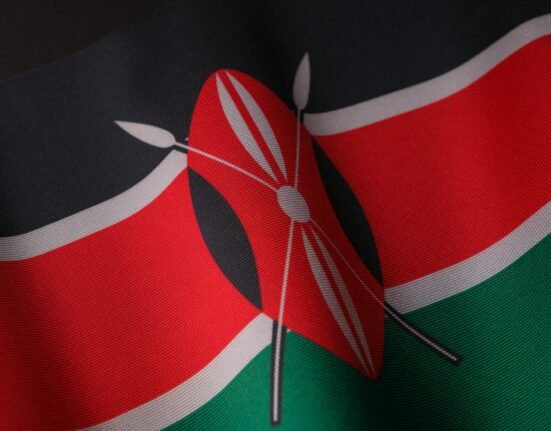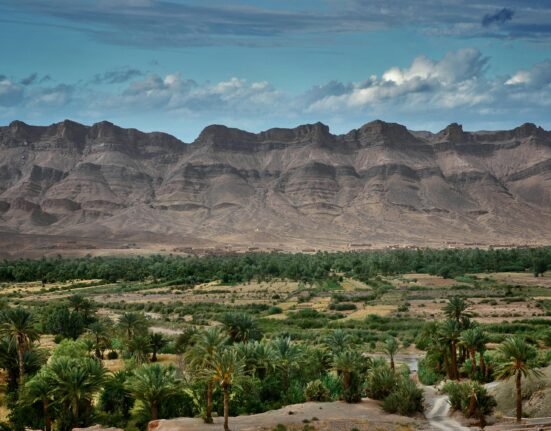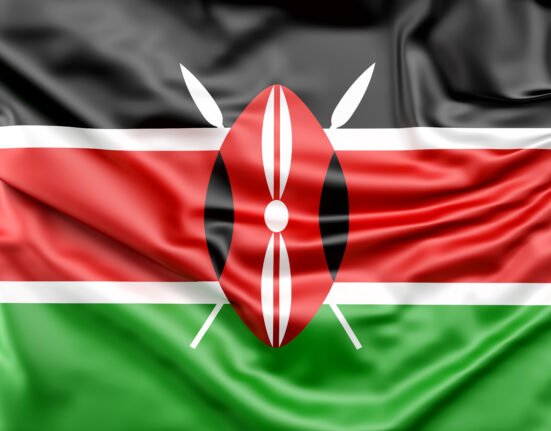the Supreme Court has fundamentally redefined the balance of regulatory power between federal and state authorities. The November 22, 2024 ruling represents the culmination of a 16-year legal battle that began when Lagos State first challenged the federal government’s authority over lottery operations in 2008.
Constitutional Clash Over Regulatory Authority
The case centered on a critical constitutional interpretation regarding whether lottery regulation falls under:
The federal government’s Exclusive Legislative List (containing 68 nationally reserved matters like defense and banking)
Residual matters left to state legislatures
A seven-justice panel unanimously affirmed that gambling constitutes a residual matter, effectively:
Stripping the National Lottery Regulatory Commission of nationwide authority
Limiting federal oversight to only the Federal Capital Territory (Abuja)
Empowering all 36 states to develop independent regulatory frameworks
Industry Transformation and Economic Implications
Legal experts at Templars Law note the judgment “completely reconfigures Nigeria’s gaming ecosystem,” creating opportunities for:
Increased investment as operators engage with multiple jurisdictions
State-level innovation in licensing and taxation
Localized consumer protections tailored to regional needs
Lagos State Lotteries and Gaming Authority COO Samuel Rowland emphasized that the ruling “validates constitutional federalism while creating pathways for more economically beneficial gaming policies at the subnational level.”
Samuel Rowland
Implementation Challenges Ahead
While celebrated by state governments, the decentralized model presents:
◼ Compliance complexities for national operators
◼ Potential regulatory arbitrage concerns
◼ Questions about consumer protection standards
Industry analysts project a 12-18 month transition period as states develop individual frameworks, during which federal guidelines may remain influential through voluntary adoption.
This watershed moment not only redefines Nigeria’s gaming industry but may inspire reconsideration of federal-state power dynamics across other economic sectors in Africa’s largest economy.























